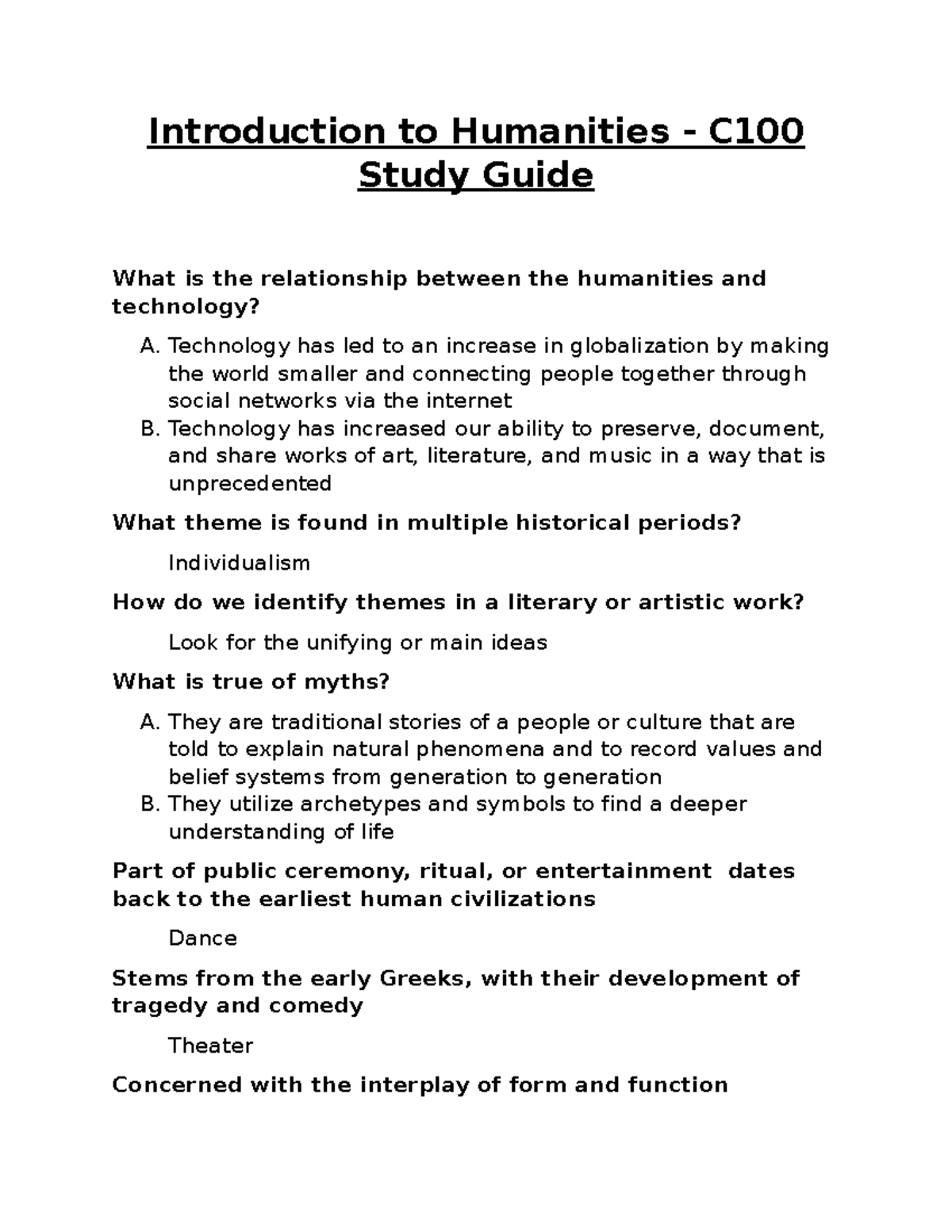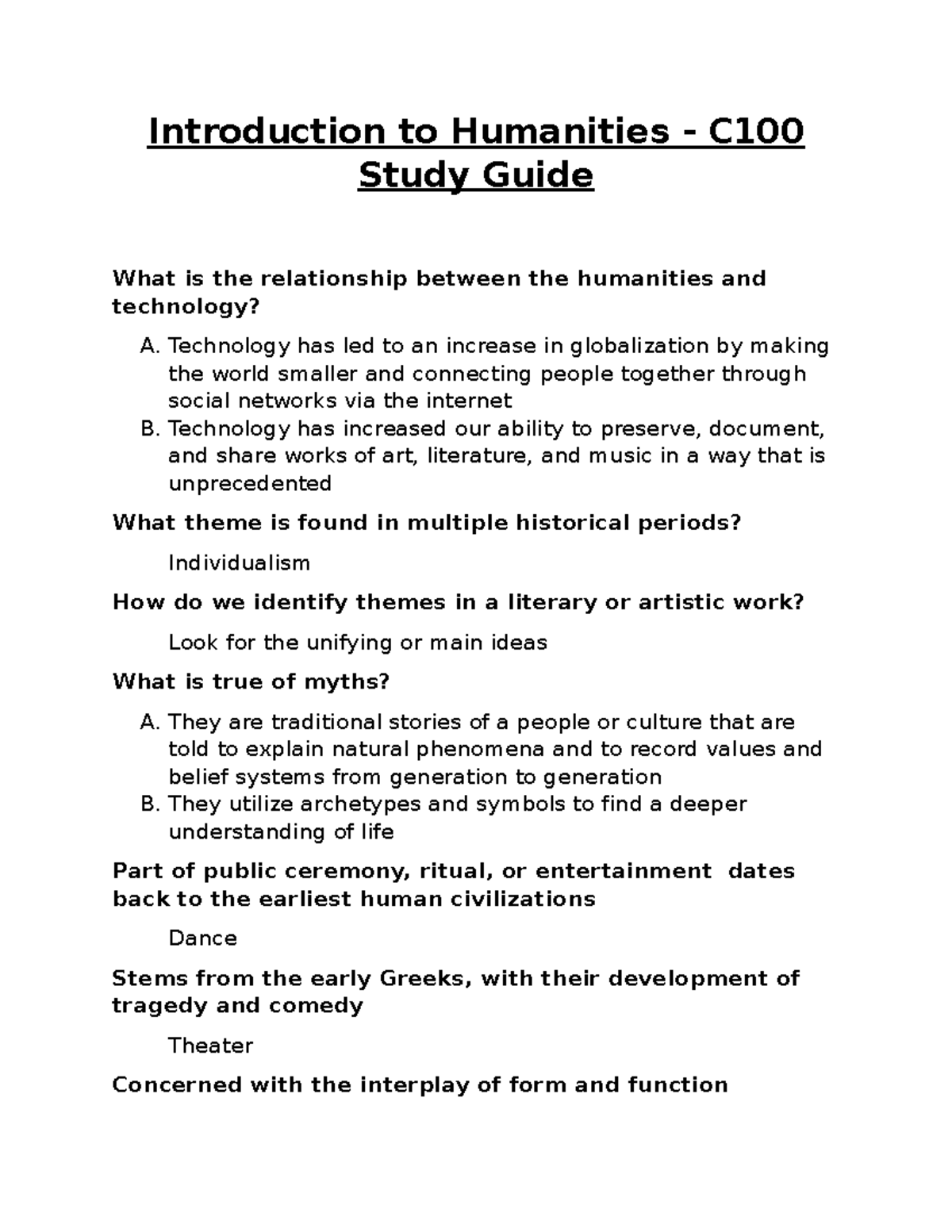Chimamanda Ngozi Adichie, a celebrated Nigerian author, has captivated readers worldwide with her poignant storytelling and profound insights into the human experience. Known for her novels that delve into themes of identity, love, and resilience, Adichie recently unveiled her latest work, “Dream Count,” which is a testament to her dedication to fiction writing. This novel, over a decade in the making, explores the complexities of grief and self-discovery through the lives of four interconnected women, showcasing Adichie’s signature narrative style. With a commitment to radical honesty, she invites her audience to confront their own emotions and realities, offering invaluable fiction writing advice during her recent appearance at Harvard. As she navigates the delicate balance of motherhood and creativity, Adichie’s captivating journey reminds us why her novels are essential readings in today’s literary landscape.
In the realm of contemporary literature, few authors possess the compelling voice of Chimamanda Ngozi Adichie. With her latest creation, “Dream Count,” she artfully weaves narratives that not only reflect on individual experiences of love and loss but also encourage readers to ponder their own alternate lives. Through her distinct perspective, Adichie emphasizes the significance of profound self-awareness and emotional authenticity, making her works resonate deeply with audiences. The exploration of grief in writing, particularly how it shapes one’s understanding of life and connection, highlights the intricacies involved in crafting fiction. Adichie’s stories serve as both a reflection and an invitation to embrace vulnerability and creativity, offering a fresh perspective on the art of storytelling.
Chimamanda Ngozi Adichie: The Voice of a Generation
Chimamanda Ngozi Adichie is often celebrated as one of the most significant literary voices of our time. Her novels, including the highly regarded ‘Americanah,’ reflect deep societal issues while exploring the nuances of identity and culture. In her recently released novel ‘Dream Count,’ she continues this tradition, weaving a tale that resonates with readers on multiple levels. Adichie’s ability to blend personal storytelling with universal themes makes her works both relatable and profound, ensuring her place in the literary canon for years to come.
Beyond her compelling narratives, Adichie’s emphasis on authenticity and ‘radical honesty’ in her writing sets her apart. She believes that good fiction comes from a place of truth, an idea that resonates with aspiring writers seeking to find their own voice. By sharing her reality and the honest emotions surrounding her experiences, especially her reflections on grief, Adichie invites readers to connect deeply with her characters and their journeys. This unique approach not only enriches her storytelling but also encourages others to embrace their narrative truths.
The Role of Grief in Fiction Writing
Grief can serve as a powerful catalyst for creativity, providing writers with a profound emotional landscape from which to draw inspiration. Adichie’s own experiences with loss, particularly after the death of her father, have profoundly impacted her writing process. In ‘Dream Count,’ she examines how grief interacts with self-awareness, prompting characters to confront their own truths and the realities of their lives. This exploration of sorrow and its aftermath offers readers an authentic glimpse into the healing and transformative power of writing.
Incorporating themes of grief into fiction not only adds depth to character development but also resonates with readers who may be experiencing similar emotions. Adichie illustrates how confronting loss through storytelling can facilitate understanding and healing. As she emphasizes the need for introspection and connection with oneself, her approach aligns with a growing movement among writers who seek to explore the intricate relationships between personal experiences and fiction. This blend of autobiographical elements and storytelling enriches the fiction genre, encouraging a broader conversation about the impact of grief on creative expression.
Fiction Writing Advice from Chimamanda Adichie
When it comes to writing fiction, Adichie advocates for an approach that embraces vulnerability and honesty. During her talk at Harvard, she shared valuable insights on how aspiring writers can navigate their creative journeys. ‘You have to let go,’ she advises, emphasizing the importance of freedom in the writing process. This perspective encourages authors to step outside their comfort zones and explore new territories within their narratives. By doing so, they can uncover the authentic stories that only they can tell.
Moreover, Adichie encourages writers to engage with their inner selves and to share their truths unabashedly. Her commitment to ‘radical honesty’ exemplifies a call to action for writers everywhere. She believes that the essence of good fiction lies in the honesty of the writer’s voice, which should not shy away from exposing personal truths. By sharing her own vulnerabilities and challenges, Adichie inspires future writers to embrace their experiences, shaping their stories into powerful reflections of both their lives and the world around them.
Exploring ‘Dream Count’: A Journey of Self-Discovery
In ‘Dream Count,’ Adichie crafts a narrative that intricately explores the lives of four interconnected women navigating love and personal discovery. The protagonist, Chiamaka, serves as a lens through which readers can engage with shared experiences of ambition, heartache, and the quest for self-identity. Through these characters, Adichie poses poignant questions about the lives we lead and the roads not taken, inviting readers to reflect on their own journeys and aspirations.
The emotional complexity and rich character development in ‘Dream Count’ exemplify Adichie’s skillful storytelling. She artfully intertwines the experiences of her characters, making the hardships they face and the triumphs they seek relatable to a broad audience. This layered narrative approach not only captivates readers but also serves as a reflection of the multifaceted nature of identity, as the characters grapple with their individual stories while remaining connected to one another. Adichie’s exploration of love, sacrifice, and self-realization within this framework creates a compelling narrative that resonates deeply.
The Intersection of Culture and Literature in Adichie’s Work
Chimamanda Ngozi Adichie’s literary contributions are firmly rooted in themes that reflect the cultural experiences of her Nigerian heritage while resonating with global audiences. Her works bridge cultural divides, discussing complex issues such as race, gender, and identity in a way that is accessible and engaging. In ‘Dream Count,’ Adichie weaves cultural nuances into the narratives, enhancing the universality of her characters’ experiences. This seamless blend of specific cultural context with broader human emotions is one of the hallmarks of her writing.
Adichie’s ability to present cultural themes in a relatable manner enables her readers to engage with the material on multiple levels. By grounding her characters within rich cultural traditions, she provides an authentic backdrop that enhances the reader’s understanding of their struggles and successes. This commitment to representing diverse cultural narratives not only enriches the literary landscape but also emphasizes the importance of inclusivity and representation in contemporary literature.
The Craft of Fiction: Lessons from Adichie
Writing fiction is not just about crafting a story; it’s also about understanding the nuances of character development and plot progression. Chimamanda Adichie offers invaluable lessons on the craft of writing through her own experiences and insights. She emphasizes the importance of patience in the creative process, noting that great stories often take time to materialize. This patience allows writers to explore their characters fully and to fine-tune their narratives, resulting in a more textured and engaging final product.
Adichie also speaks to the necessity of reading widely as an essential part of the writing craft. Engaging with diverse literary works can inspire new ideas and techniques, helping writers to develop their individual styles. In her discussions, she encourages aspiring authors to draw inspiration from various genres and narratives, emphasizing that every reading experience contributes to their growth as writers. This holistic approach to writing, interwoven with personal insights, establishes Adichie as a mentor for those looking to refine their skills in fiction writing.
Chimamanda Adichie: A Case Study in Radical Honesty
Chimamanda Ngozi Adichie’s commitment to radical honesty is a defining aspect of her literary identity. In her discussions about writing, she reveals that being truthful in her storytelling is a prerequisite for crafting compelling narratives. This notion of honesty in fiction encourages writers to delve into their personal experiences, using them as a foundation for their stories. Adichie’s own reflections on grief and self-awareness illuminate how profound experiences can lead to enriching narratives that resonate with readers.
Through her own writings, Adichie exemplifies how embracing vulnerability can lead to powerful storytelling. Her exploration of emotional truths not only sets an example for aspiring writers but also inspires readers to connect deeply with the characters and narratives. This emphasis on radical honesty allows for a more authentic portrayal of the human experience, encouraging writers to present their truth in a way that fascinates and invokes empathy. Adichie’s legacy will continue to influence writers, pushing them toward authenticity in their craft.
The Emotional Landscape of ‘Dream Count’ Through Grief
‘Dream Count’ intricately weaves the theme of grief into its narrative structure, showcasing how loss can shape identities and relationships. Adichie’s exploration of this deeply personal theme resonates with readers who may also be navigating their own experiences with grief. The interconnected stories of the four women in the novel reveal how tragedy can draw individuals together, while also highlighting the diversity of their responses to loss. This profound emotional landscape allows readers to reflect on their own journeys of understanding and healing.
In addressing grief through her characters, Adichie provides a lens through which readers can examine the multifaceted nature of loss. Each woman’s story highlights not only the pain associated with their experiences but also the potential for growth and self-discovery that can emerge in the aftermath. By confronting and articulating these emotions, ‘Dream Count’ becomes a powerful exploration of resilience in the face of sorrow, inviting readers to engage with their own vulnerabilities and the complexities of human emotions.
Crafting Rich Characters in Adichie’s Novels
Character development is a hallmark of Chimamanda Ngozi Adichie’s writing, and ‘Dream Count’ is no exception. The intricate portrayals of her characters allow readers to engage with their journeys on a personal level. Each woman in the novel embodies distinct traits, backgrounds, and experiences, creating a tapestry of narratives that reflect the diversity of the human experience. Adichie’s skill in building these rich characters underscores the emotional stakes of the story, inviting readers to invest deeply in their lives.
Through thoughtful character exploration, Adichie crafts relatable narratives that resonate with her audience. She showcases how each character’s decisions and struggles are shaped by their environments, relationships, and past experiences. This emphasis on nuanced character development not only enriches her storytelling but also resonates with readers who see facets of their own lives reflected in these fictional experiences. Adichie’s dedication to creating complex, authentic characters ensures that her novels remain impactful and relevant.
Frequently Asked Questions
What themes does Chimamanda Ngozi Adichie’s novel ‘Dream Count’ explore?
In ‘Dream Count,’ Chimamanda Ngozi Adichie explores themes of love, self-discovery, and the interconnectedness of women’s lives. The narrative follows four women navigating personal hardships and their search for identity, touching on the idea of multiple life paths and deepening self-knowledge.
How has grief influenced Chimamanda Ngozi Adichie’s writing process?
Grief has profoundly influenced Chimamanda Ngozi Adichie’s writing, particularly in shaping ‘Dream Count.’ The loss of her father prompted deep reflections on love and self-understanding, leading her to embrace vulnerability and radical honesty in her storytelling.
What advice does Chimamanda Ngozi Adichie offer on fiction writing?
Chimamanda Ngozi Adichie advises aspiring writers to embrace the act of letting go while writing fiction. She emphasizes the importance of radical honesty, suggesting that writers must be willing to reveal themselves through their narratives and trust the creative process.
What is meant by ‘radical honesty’ in Chimamanda Ngozi Adichie’s writing philosophy?
In Chimamanda Ngozi Adichie’s writing philosophy, ‘radical honesty’ refers to the necessity of being authentic and truthful in storytelling. This approach involves candidly sharing personal experiences and emotions, which enriches the narrative and resonates deeply with readers.
How does Chimamanda Ngozi Adichie’s ‘Dream Count’ relate to her previous novels?
‘Dream Count,’ like Chimamanda Ngozi Adichie’s previous novels, explores complex characters and societal themes. However, it uniquely focuses on grief and personal transformation, reflecting on life’s unforeseen paths, which builds on her established narrative style found in works like ‘Americanah’.
What can readers expect from Chimamanda Ngozi Adichie’s character development in ‘Dream Count’?
Readers can expect rich and intricate character development in ‘Dream Count.’ Chimamanda Ngozi Adichie uses her characters to delve into themes of identity and resilience, creating authentic portrayals of women navigating life’s challenges and discovering their true selves.
What role did personal experience play in the creation of ‘Dream Count’ by Chimamanda Ngozi Adichie?
Chimamanda Ngozi Adichie’s personal experiences, particularly her father’s death, played a critical role in the creation of ‘Dream Count.’ This loss inspired her to examine deep emotional truths and infuse the characters’ journeys with authentic expressions of grief and self-exploration.
How does Chimamanda Ngozi Adichie’s view on motherhood influence her writing?
Chimamanda Ngozi Adichie’s experience as a mother greatly influences her writing process, as she views motherhood as a profound life lesson. She balances her literary pursuits with family obligations, using the challenges of motherhood to deepen her understanding of love, sacrifice, and creativity.
What is the significance of the title ‘Dream Count’ in Chimamanda Ngozi Adichie’s latest novel?
The title ‘Dream Count’ signifies the exploration of aspirations, unfulfilled desires, and the lives we envision for ourselves. In her latest novel, Chimamanda Ngozi Adichie uses this concept to delve into the characters’ introspections and their journeys toward understanding their identities.
Where can readers find Chimamanda Ngozi Adichie’s ‘Dream Count’ and her other novels?
Readers can find ‘Dream Count’ and Chimamanda Ngozi Adichie’s other novels at major bookstores, online retailers, and local libraries. Adichie’s works are widely available and celebrated for their poignant explorations of identity, love, and cultural narratives.
| Key Point | Details |
|---|---|
| Chimamanda Ngozi Adichie’s Journey | Adichie expressed emotional challenges in writing her latest novel, ‘Dream Count,’ and shared her journey of nearly a decade to complete it. |
| Plot Summary of ‘Dream Count’ | ‘Dream Count’ follows four women navigating love and self-discovery, with intertwined stories exploring their personal hardships. |
| Thematic Elements | The book examines alternate lives, self-knowledge, and human relationships, informed by personal grief and introspection. |
| Impact of Grief | Adichie’s father’s death catalyzed her reflection on love, self-discovery, and the emotional complexities that shape understanding. |
| Advice to Writers | Adichie encourages writers to embrace vulnerability in their work, advocating for ‘radical honesty’ in fiction. |
| Motherhood’s Influence | Adichie notes that while motherhood enriches her life, it requires finding balance in creative pursuits. |
Summary
Chimamanda Ngozi Adichie has once again captivated audiences with her exploration of deep emotional truths in her latest novel, ‘Dream Count.’ As she navigates the complexities of grief, love, and self-awareness, Adichie reinforces her status as a vital voice in contemporary literature. Through radical honesty and rich narratives, she invites readers to reflect on their own journeys, making her work not only compelling but also profoundly relatable. In a world filled with distractions, Adichie’s commitment to her craft reminds us of the importance of vulnerability and genuine expression in fiction.










